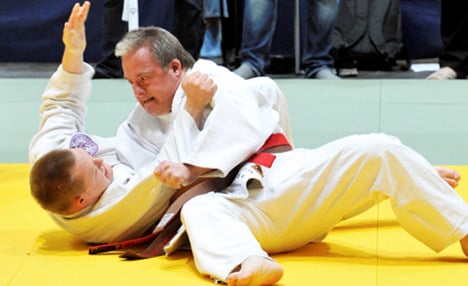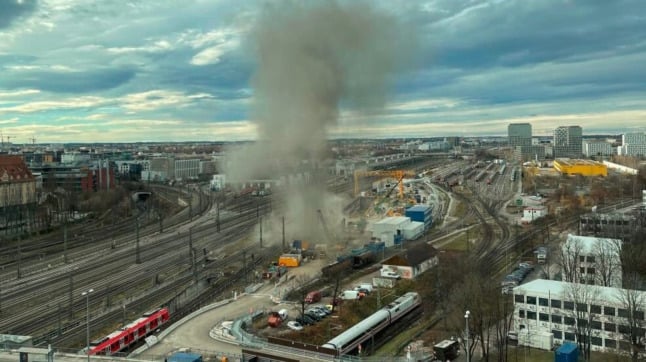The event, which was founded in 1991, attracts athletes of all ages from across Germany to compete. This year more than 5,000 took part and were watched by up to 25,000 people who descended on Munich’s Olympic stadium each day.
With a choice of 19 different sports which ranged from badminton and swimming to the more unorthodox – like roller skating – competitors were often split into ability groups. There are thus more gold medals up for grabs than in the international Olympics or Paralympics.
Typically, entrants have some kind of learning disability but can be of any age and this year one woman entered for the first time at the age of 50.
German President Joachim Gauck was present, along with other high-ranking politicians, at the opening ceremony. He gave a speech to the crowd stressing the importance of sport in integrating people with learning difficulties into general society.
“Sport is a good way to raise public awareness [about learning disabilities]” 72-year-old Gauck said at the ceremony.
Bavarian state premier Horst Seehofer was also present at Monday’s ceremony. “Sport builds bridges, it connects people,” he said.
A selection of entrants will go on to compete in the international Special Olympics in the South Korean next year. Others will be getting involved early 2013 in the Winter Special Olympics set to be held in Bavaria.
DPA/The Local/jcw



 Please whitelist us to continue reading.
Please whitelist us to continue reading.
Member comments